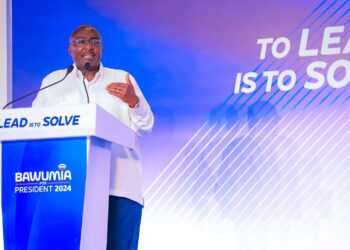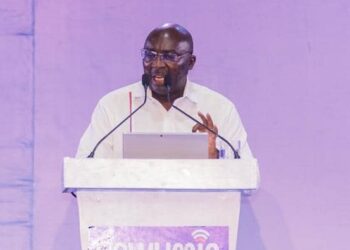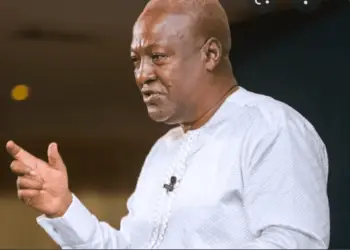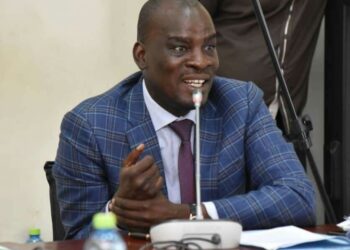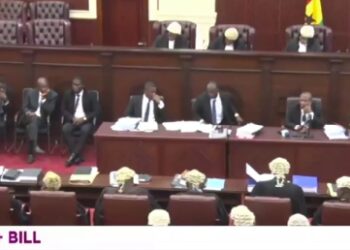Introduction
The 1992 constitution of Ghana recognizes the importance of education as a fundamental human right. Education is a potent tool for societal transformation. A comparative analysis of the Asian Tigers- South Korea, Taiwan, Singapore, Hong Kong and Malaysia points clearly to the role of quality and affordable education for rapid socio-economic transformation.
Globally, education is built on three major principles: Access, Affordability and Quality. Whiles access and affordability are very important, many countries have moved far beyond these to focus on quality education. Unfortunately, developing countries like Ghana appear to sacrifice quality for access and affordability.
2. Free SHS and poor quality education
The free SHS policy was introduced in Ghana by the Akufo-Addo led government in 2017. It is reported that about 2.2 billion Ghana cedis is spent annually on the implementation of the policy. The policy aimed at ensuring affordable second cycle education for every citizen. However, quality education remains very poor not only at the secondary level but the basic level as well. It is therefore not surprising that Ghana is ranked among countries with the lowest Human Development Index(see UNDP reports, 2016-2020). While access and affordability have improved over the years, quality remains a major challenge.
It is important to note that the introduction of the free SHS has not been premised on the three pillars of quality education:
a. Quality teaching- which is measured through the recruitment of high caliber individuals to teaching, providing them with quality initial teacher education and the support throughout their carreer of professional development.
b. Quality tools for teaching and learning- including appropriate curriculula and inclusive teaching and learning materials and resorucee
c. Quality environment for learning- supportive, comfortable, safe and secure with the required facilities to encourage students learning and as as well as enable teachers to effectively carry out their duties in the classroom.
3. Quality vrs Affordability debate
Two school of thoughts have emerged over the past decade. The first school believes that it is better to put every child in the classroom while working to improve quality. The second school of thought argues that quality should not be sacrificed for affordability.
The two school of thoughts were/are championed by President Akufo-Addo and former President John Mahama respectively. President Mahama’s argument was strong enough to secure him victory in the 2012 presidential election. However, after continuous trumpeting of his argument, President Akufo-Addo was able to convinced the electorate to buy into the idea of a comprehensive free SHS and won power in 2016. Of course there were other underlying factors.
5. The cry of parents over poor quality
Four years into the implementation of the free SHS policy, serious concerns are being raised by parents, civil society organizations, ordinary citizens and other stakeholders about the quality of education being provided to students. At the center of this concern is the infamous DOUBLE TRACK SYSTEM and the high level of uncertainty that comes with its implementation.
6. What is the way forward
Ghana is at a crossroads, and the time to act is now. There are increasing calls by the citizenry for educational reforms. On Tuesday, Joy FM, one of the most renowned media organizations in Ghana set the agenda for discussions on a possible review of the implementation of the free SHS policy. The ideas discussed are similar to those espoused by the John Mahama led school of thought.
Government should consider abolishing the implementation of the free SHS in its current state and consider idea championed by Mr Mahama.
As a strong advocate of a PROGRESSIVE FREE SHS, Mr Mahama believes that the implementation of the free SHS policy should be done in such a way that those who can afford be made to pay for their wards. This means that the poor and vulnerable members in the country should be targeted and given free SHS. In this case, the country will be able to save money that could be channelled towards improving quality.
Secondly, John Mahama began a comprehensive improvement in the educational infrastructure through the construction of day schools. Out of the over hundred (100) shools he started, less than 50 of them were completed before he left power. Government should revisit this projects and complete the remaining 70 schools that have not been completed. This will solve the problem of space and bring an end to the double track system that has become a bane to effective teaching and learning.
Content created by: nanewortorsamuel99@gmail.com
Send your news stories to dannyboy744@gmail.com and via WhatsApp on +233 266777777


